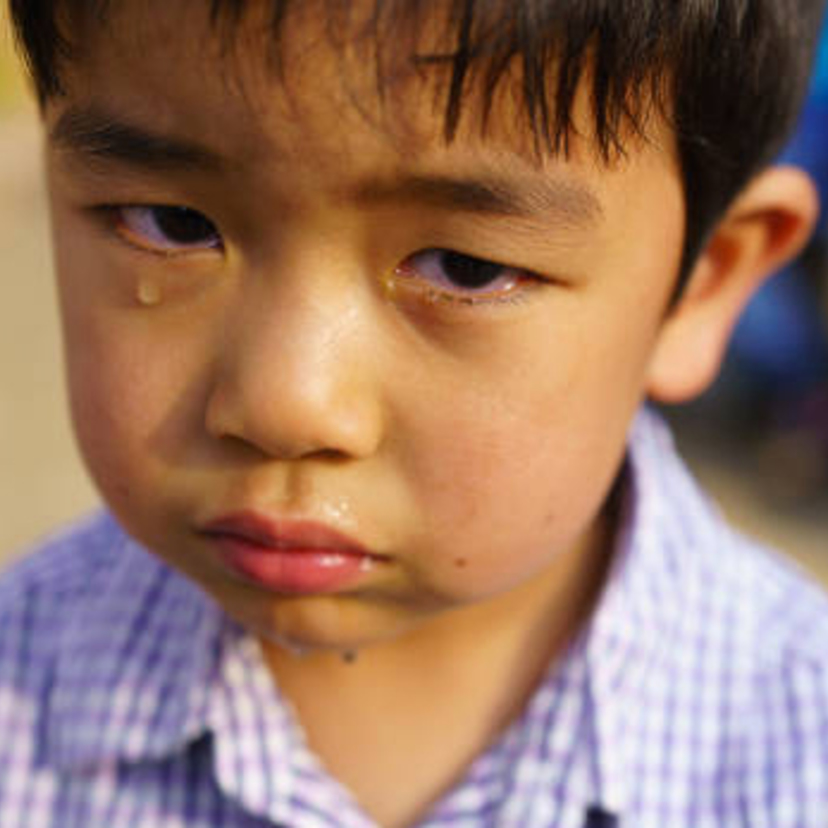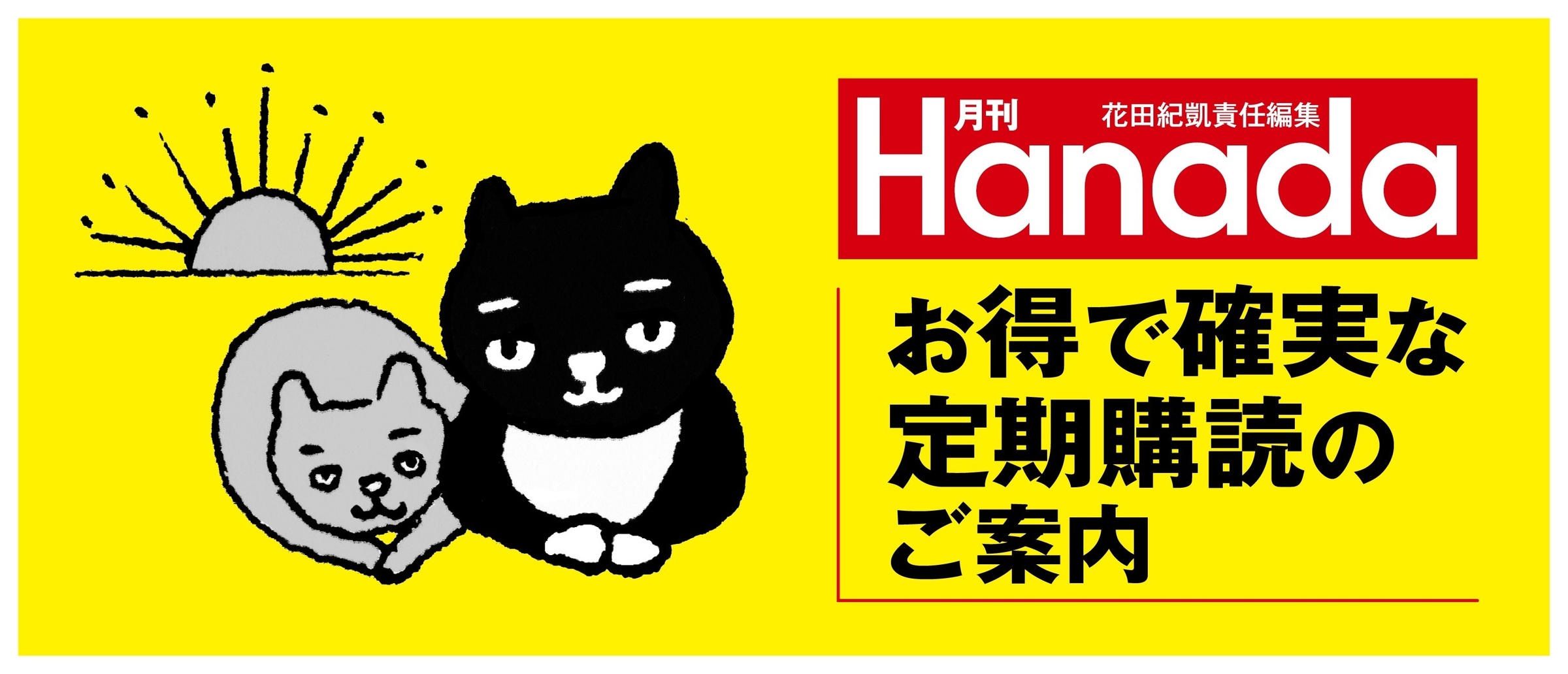Lawless society where abductors exult in their legal victory
In regard to the custody issue at the time of divorce, there is an important case called the “Matsudo ruling”. Sotsuda was the plantiff in the Matsudo ruling. In the trial in March 2016, Sotsuda won the case and acquired custody of his daughter who was abducted by his wife at the age of two, by proposing that “I promise my wife to allow her to meet my daughter 100 days a year if I acquire custody. If I break my promise, I will give custody to my wife."
Until then, courts usually only allowed a short, supervised visitation per month between the parents, who lost custody, and their children. The decision of child custody was customarily based on the principle of continuity, where the parents, who were actually living with their child, were usually granted parental custody. Considering such a long time court custom, the Matsudo ruling was a landmark ruling that adopted a "friendly parent rule" that gave priority to "more forgiving parents" in order to enable children to grow up healthy with the affection of both their parents. It was a noted ruling. It was highly evaluated by many in the media, saying it reminded them of the folktale of the wise judgment made by Judge Ooka during the Edo Period (note: it’s a similar story to that of the “Judgement of Solomon.”)
However, the Tokyo High Court overturned the Matsudo ruling in January 2017. As stated above, judges usually make a ruling giving custody to the parents who abducted their children in accordance with the notorious "continuity principle." Under this principle, a parent, who abducts a child while deceiving the other parent and subsequently cuts off the child's contact with that parent, will be given custody. This principle is just a court practice that has no basis in law. Rather, it will invite a lawless society where abductors exult in their legal victory, and thus no other developed nation has adopted such a principle in court.
The judge who made the ruling of the Tokyo High Court adopted the principle of continuity and overruled the "friendly parent rule," and gave custody of Sotsuda’s daughter to the wife. The ruling stated that "parent-child visitation is not important. A 100-day visit may hinder the child from playing with neighborhood friends and thus may not necessarily be beneficial to the child."
In July of the same year, the Supreme Court rejected to hear Sotsuda’s appeal and his case was finalized. Even though the Supreme Court must accept and deliberate if the first and second trials are divided, it ruled otherwise. The presiding judge who made that decision was Kaoru Onimaru. She became a judge after practicing law as an attorney.
Japan called a “Child Abduction Country”
The Japanese judicial system is criticized by the international community as an abduction-friendly justice system. Internationally, Japan has become well recognized as a "child abduction country," and it is also getting recognized that the Japanese legal and judicial community are the real villains behind these systematic abductions.
The FBI's “Most Wanted Criminals” lists the names of some of the most notorious criminals wanted by the American judicial system. Among these names there are the names of Japanese women wanted for returning to Japan with their children without the permission of their ex-husbands. In the U.S., hearings about this child abduction issue have been held many times in Congress for nearly a decade. In the hearings, Japan was repeatedly accused that its justice system has not only refused the order to return the abducted children to their fathers, but also enhanced child abduction by giving custody to the abductors. The U.S. Department of State also identified Japan as a non-compliant country under the Hague Convention, which prohibits international child abduction, in its 2018 International Child Abduction Report.
In March of that year, 26 EU Member State ambassadors issued a letter urging Japan to respect the right of children to see both their parents. In June of last year, French President Macron raised the child abduction issue with Prime Minister Abe and stated that Japan’s current policy was "unacceptable." Italian Prime Minister Conte also expressed Italy’s concerns with Prime Minister Abe at the G20 Summit meeting held in the same month saying that both parents had rights to their children. In January of this year, there was an article reporting that the Australian government requested the Japanese Ministry of Justice to change its family law.
The background to these accusations by many foreign countries underlies the deterioration of public sentiment after repeated [EH1]coverage by the media overseas about child abductions by Japanese parents along with the reality of a complicit Japanese judicial system. "In France, where the tone of criticizing Japan's judicial system is dominant, former Nissan President Ghosn's fleeing prosecution is strongly supported. When Figaro, a French newspaper, asked its readers if it was OK that Ghosn escaped Japan, 77% of respondents said it was OK. One of the reasons that the tone of criticizing Japan's judicial system became so strong can be traced back to the issue of parental abductions.
If the Matsudo ruling had not been overturned by the Tokyo High Court and had been finalized by the Supreme Court, or if the Supreme Court had overturned the Tokyo High Court ruling, the Japanese child abduction business would have been eliminated by now, and Japan would not have been criticized by other countries. The notorious "continuity principle" must be discarded as soon as possible, and the court must become a place to put children's interests first. Why hasn’t the child abduction issue, which has been condemned worldwide, become a social issue in Japan? The reason can be clearly understood by looking at Sotsuda’s case.



